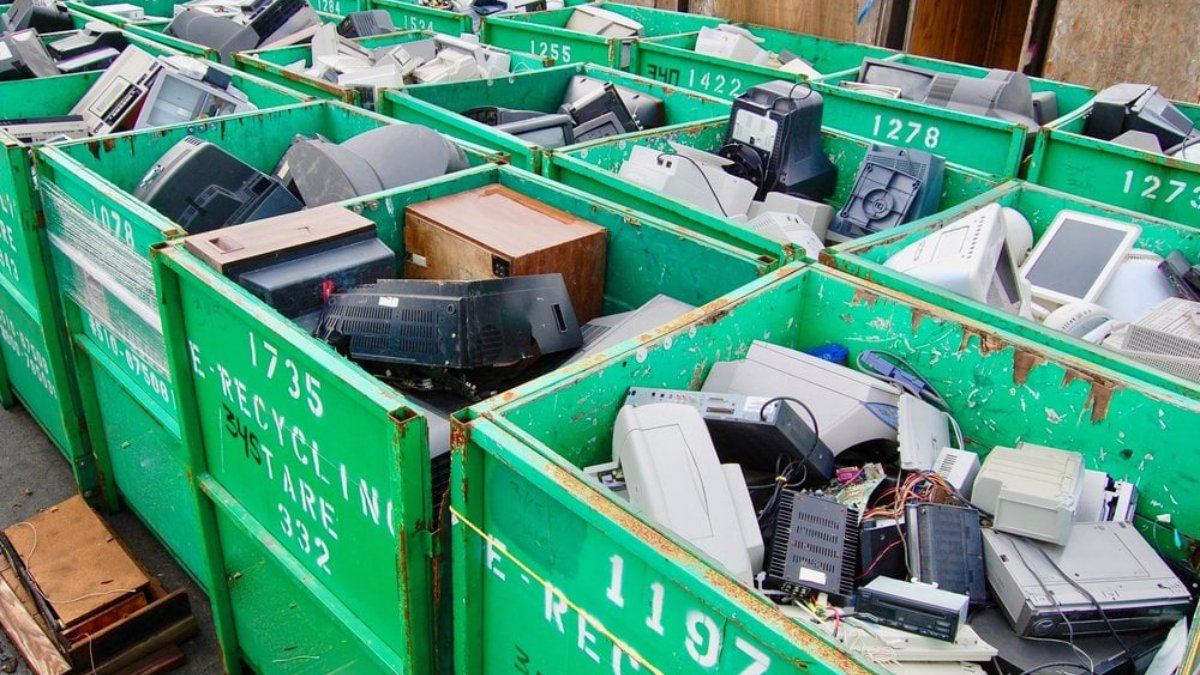Navi Mumbai: Touted as environment friendly, the ongoing Electric Vehicle revolution comes with an environmental cost as it will lead to a monstrous rise in lithium-ion battery waste, environmentalists have cautioned.
Environment watchdog NatConnect Foundation, therefore, launched an online campaign focusing on safe management of battery waste on the occasion of the international e-waste day on Monday.
The multi-national WEEE (waste electrical and electronic equipment) Forum observes October 14 as the International e-waste day and NatConnect joins the annual event with its own campaign.
For this year, the WEEE forum has chosen the theme “Join the e-Waste Hunt – Retrieve, Recycle and Revive” whereas NatConnect titled its campaign as “Beware Of Lithium Battery Monster”.
The NatConnect campaign is now part of the WEEE Forum’s global events for this year’s International E-Waste Day.
Responding to NatConnect director B N Kumar’s concerns raised with the Prime Minister, the Central Pollution Control Board had in June 2021 stated that the government was aware of the e-waste management issues and had come out with E-waste Management Rules.
Kumar said, the government needs to formulate a comprehensive policy for responsible disposal and even recycling the lithium battery waste,
Lithium batteries, if dumped as part of landfills, can cause fires and release harmful gases and the world over concerns are being raised over their safe disposal, NatConnect said. Moreover, corroded lithium batteries contaminate the soil and water, he said,
Kumar pointed out that exploding batteries and EV fires continue to be a matter of concern and a two-wheeler showroom at Kalaburagi, Karnataka, was set ablaze by an angry customer who was upset with the vehicle makers’ alleged lack of response.
Lithium batteries are also used in mobile phones, electronic toys, energy storage systems as they can store high density energy.
Per WEEE Forum, the lithium battery waste forms part of an invisible e-waste, along with unused cables, electronic toys, LED-decorated novelty clothes, power tools, vaping devices, and countless other small consumer items.
These amount to nine billion kilograms of e-waste, one-sixth of all e-waste worldwide. Furthermore, mitigating the environmental impact of battery production, especially in the extraction of materials like lithium and cobalt, is critical, says the International Fire & Safety Journal
It involves not only technological solutions but also ethical considerations, particularly in terms of human rights and ecological preservation, the journal says.
Environment activist Jyoti Nadkarni said while her housing complex in Kharghar focuses on e-waste collection and safe disposal, the lithium battery waste management is a critical issue on which the authorities need to focus.
Kapil Kulkarni and Himanshu Katkar of Save Belapur Hills forum urged Navi Mumbai Municipal Corporation (NMMC) and CIDCO to pay special attention to the lithium battery waste management. There is a danger of the battery cells getting mixed with the solid waste which goes into landfill, Kulkarni said.




